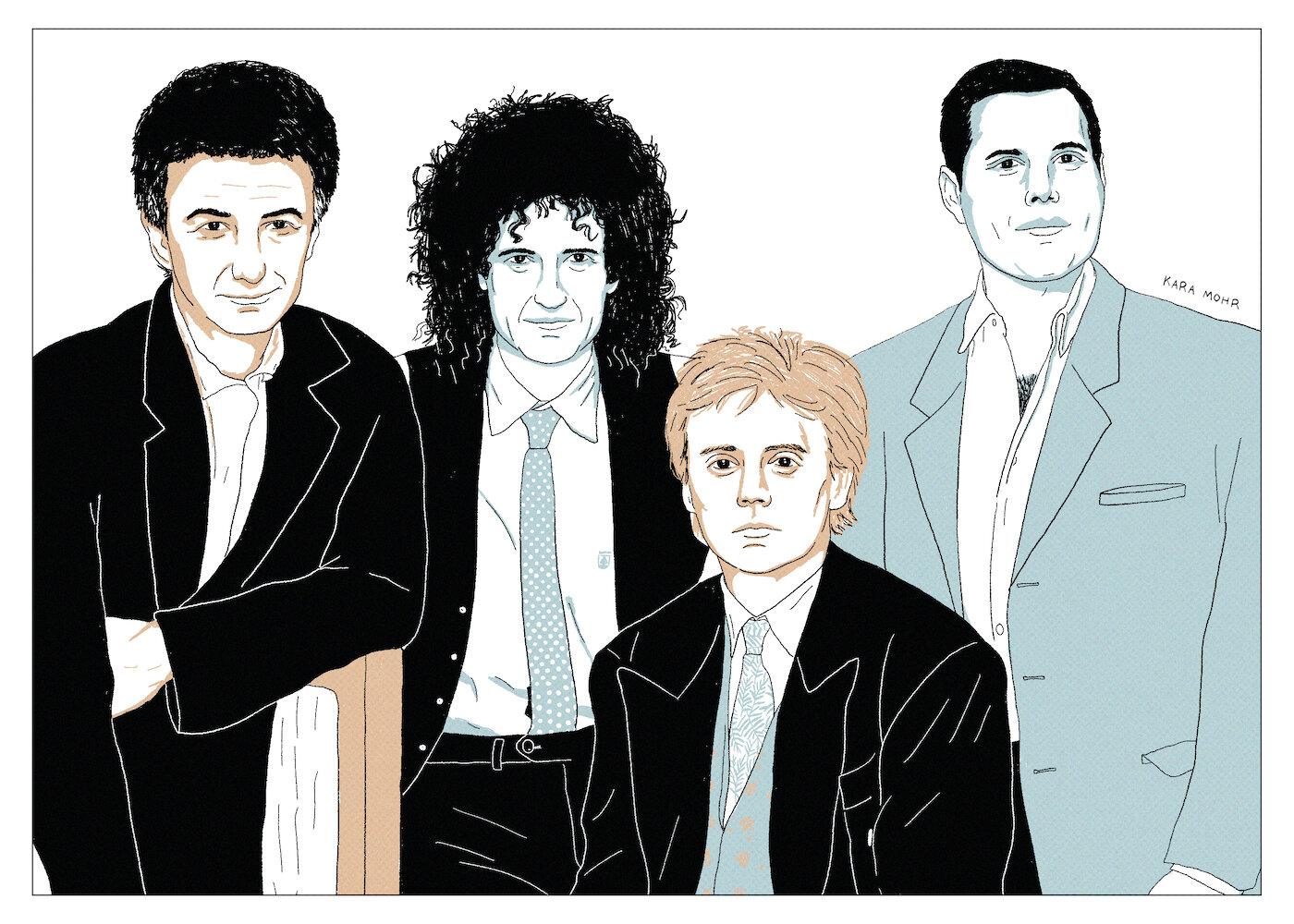
Queen “The Miracle”
In the 1980s Queen frayed. Three of the four members released solo albums. Their chart positions, especially in America, had taken a precipitous downturn. For much of the decade, the band sounded like four polite gentlemen, contributing doll parts to albums which were sewn together by synthesizers. However, 1989s “The Miracle” was supposed to be different. It was the first album wherein all songs were credited simply to Queen, rather than to the individual players. What was not advertised in 1989, though widely rumored, was Freddie Mercury’s declining health. In retrospect, “The Miracle” is surprisingly enduring and entirely consumed with the optimism, loneliness and love that would define the lead singer’s final years.
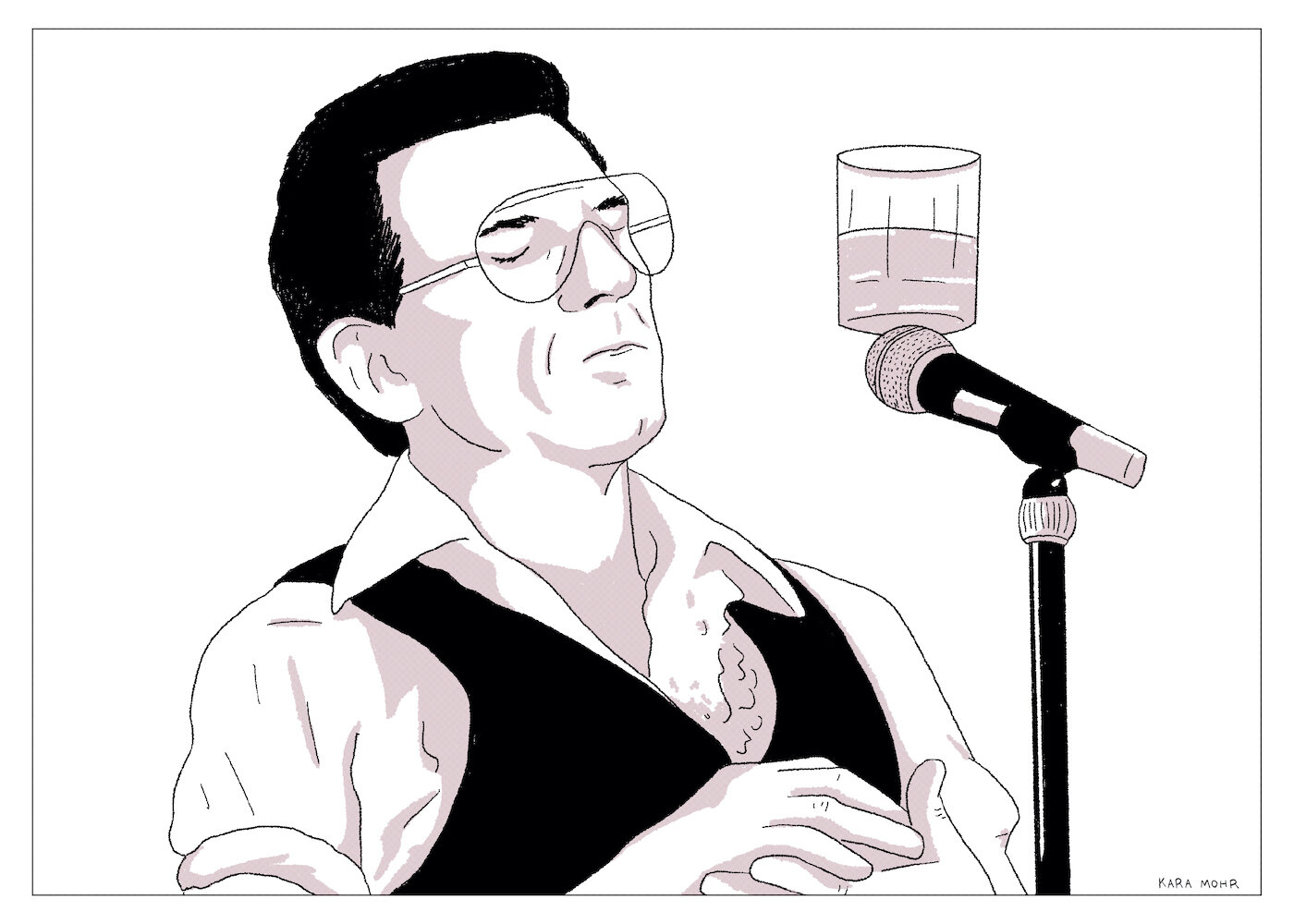
Jerry Lee Lewis “Killer Country”
Starting in 1968, following a decade in polygamy exile, Jerry Lee Lewis made a very successful, very straight Country music turn. For over a decade he was a reliable hit maker alongside Merle and Dolly. In 1982, he’d be under suspicion for killing his fourth wife. In 1984, he would be tried for tax evasion (he was found innocent). And, in 1988, he declared personal bankruptcy. But, between 1979 and 1980, in a third career peak, Jerry Lee Lewis cut three excellent, if overlooked, albums, including “Killer Country.”
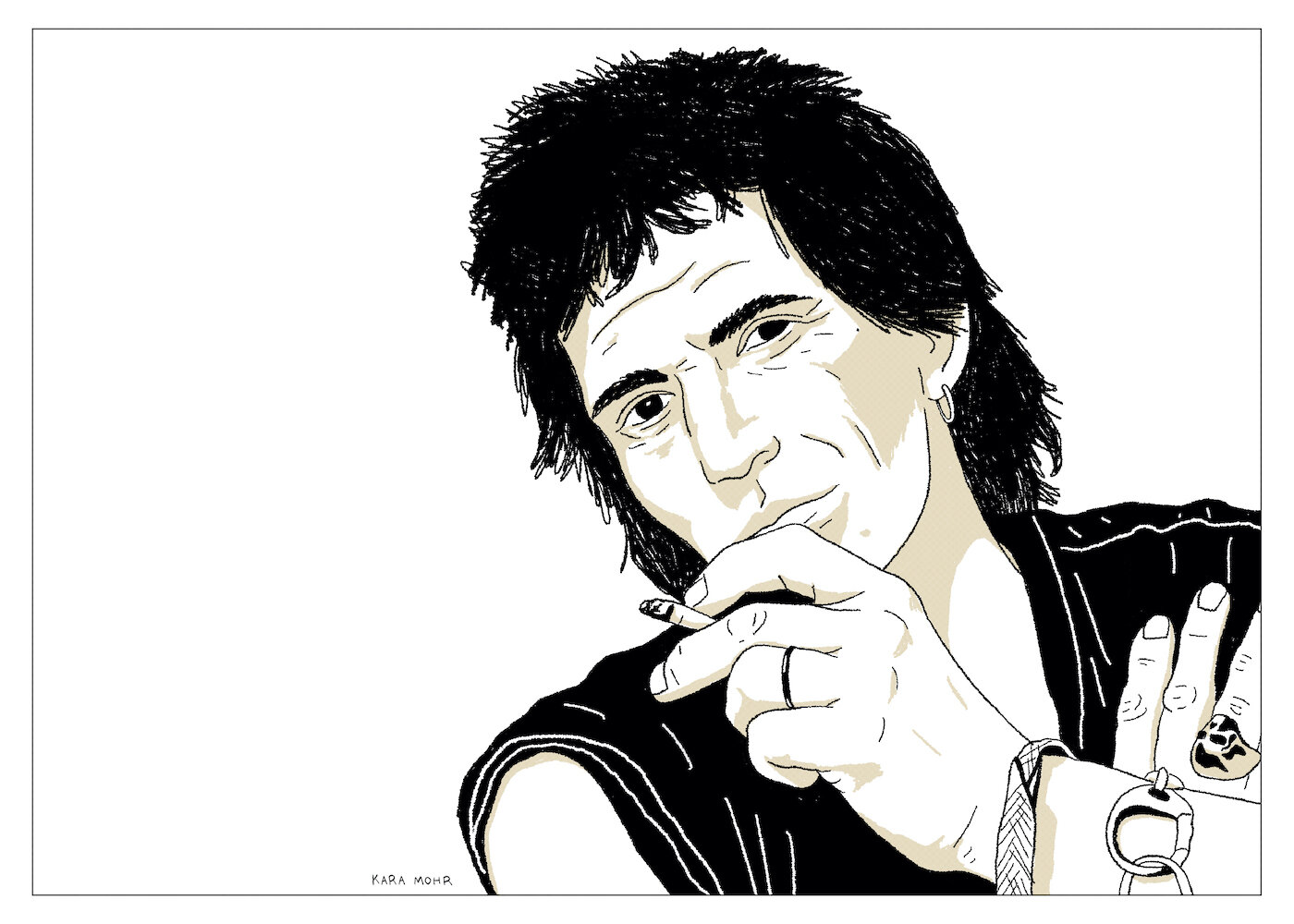
Keith Richards “Talk is Cheap”
Tired of the drama and unqualified for any other career, in 1987 Keith Richards did the previously unthinkable. He stepped out as a solo artist and frontman. His main collaborator was virtuoso drummer, Steve Jordan. The other players, including Ivan Neville, Waddy Wachtel, Charley Drayton and Sarah Dash, came to be known as The X-pensive Winos. The Winos often sound like an ace Free Jazz band playing with mis-assembled Rolling Stones’ parts. To this day, there is still no band in the world that sounds like them.
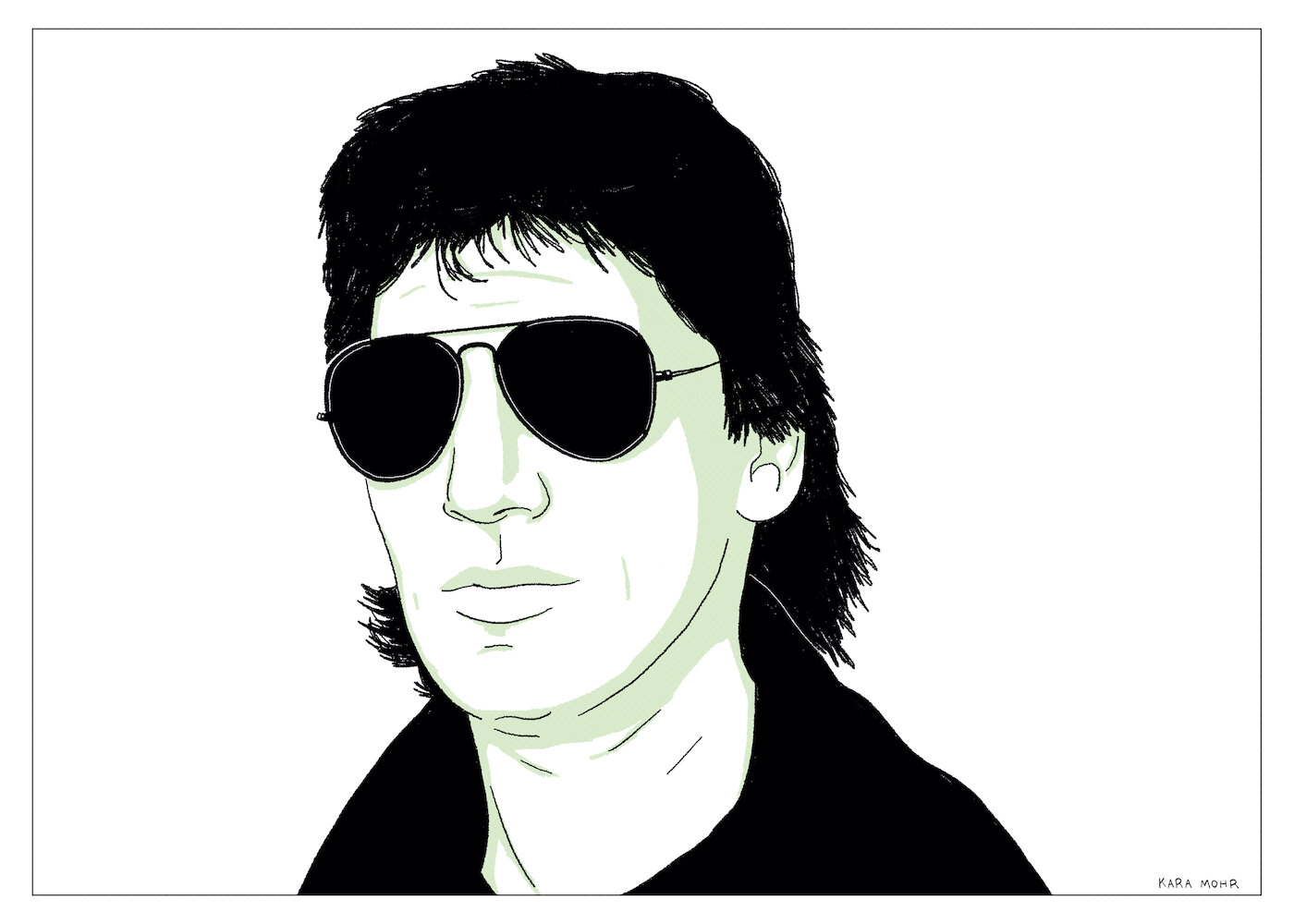
Roger Waters, “Radio K.A.O.S”
Having recently left Pink Floyd, Roger Waters made a concept album about Billy, a Welsh paraplegic who can hear radio waves. Yes, you heard that right. Billy lives with his twin brother Benny who works in the mines. On a drunken night, in protest of Thatcher-era mining policies, Benny throws a concrete block off a bridge and kills a taxi driver. Benny’s arrested and Billy is sent to LA to live with a relative. With the help of a cordless phone and a superpower (radio wave reading), Billy is able to hack into the defense systems of the whole planet and convince everyone there’s about to be a nuclear attack. Like most concept albums, “Radio K.A.O.S.” is unfathomable as prose and doesn’t exactly sparkle in song, either.
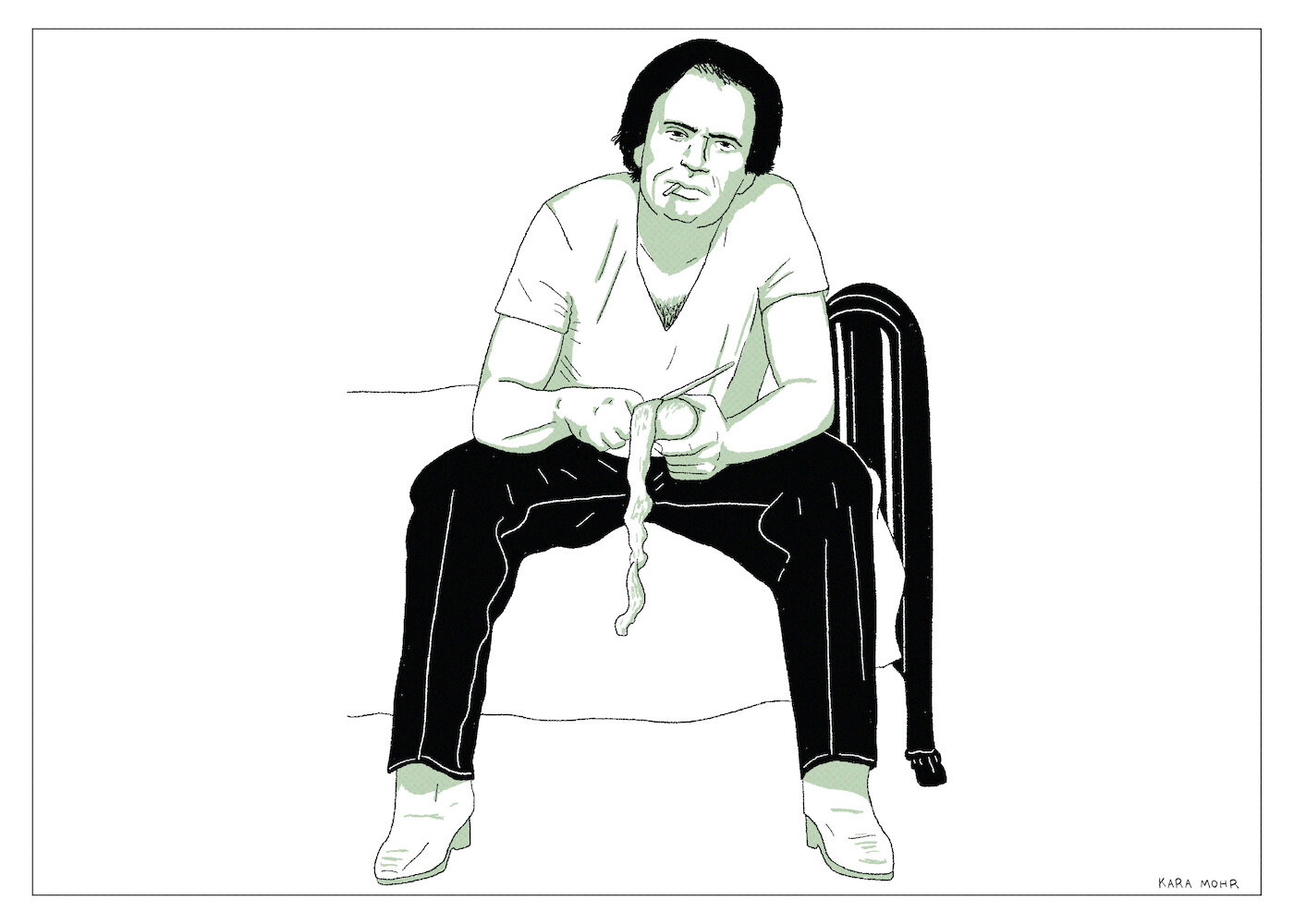
Merle Haggard “Big City”
On the surface, 1981 seemed to foretell change for Merle Haggard. He left his longtime record label. America had a new President. And a wave of frustration and patriotism was sweeping the country. Conditions seemed ripe for a comeback, but change was not Merle’s style. A “return to form” felt beneath him. And yet, Merle Haggard wanted to show everyone that he was still the same goddamn Merle Haggard who wrote the same great songs with the same great stories about the sane great country. The result was “Big City” another wonderful, complicated album from perhaps the most nostalgic recording artist America has ever known.
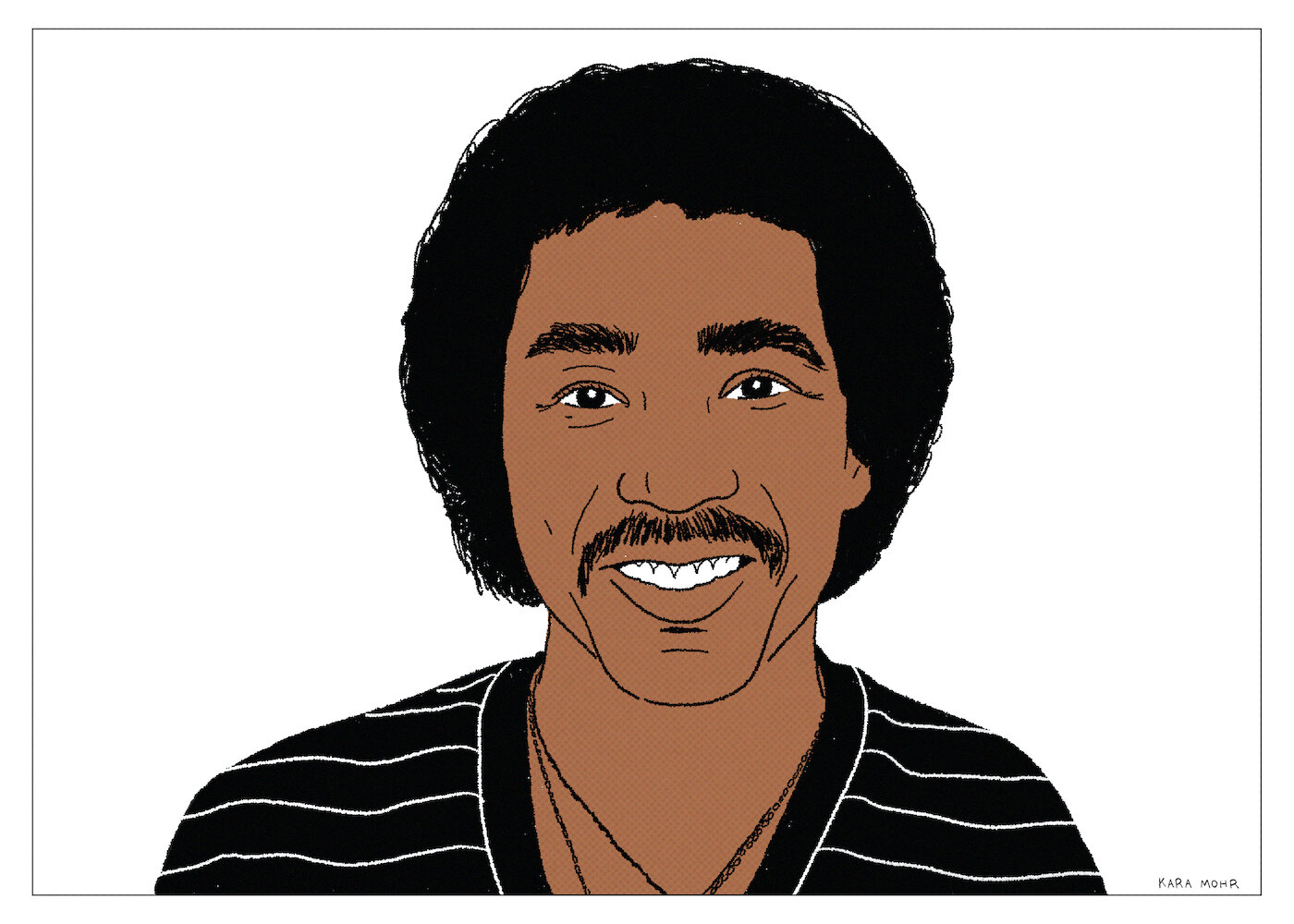
Smokey Robinson “Being With You”
Smokey Robinson was, in the 1960s, nothing short of everything. He was Carol King, Marvin Gaye, Diana Ross and David Geffen all rolled into one beautiful package. The 70s turned on him just slightly, but, in 1981, at the age of forty one, he returned to the top of the charts with “Being With You.” On the album’s cover, tucked in a striped, v-neck sweater and a couple of gold chains, he smiles at us. His hair has grown out to a casual, “I know I look good” length. His mustache is unconcerned with his lips. His eyes are the kindest shade of gold. He is the version of prime that only comes with middle age, but rarely stays.
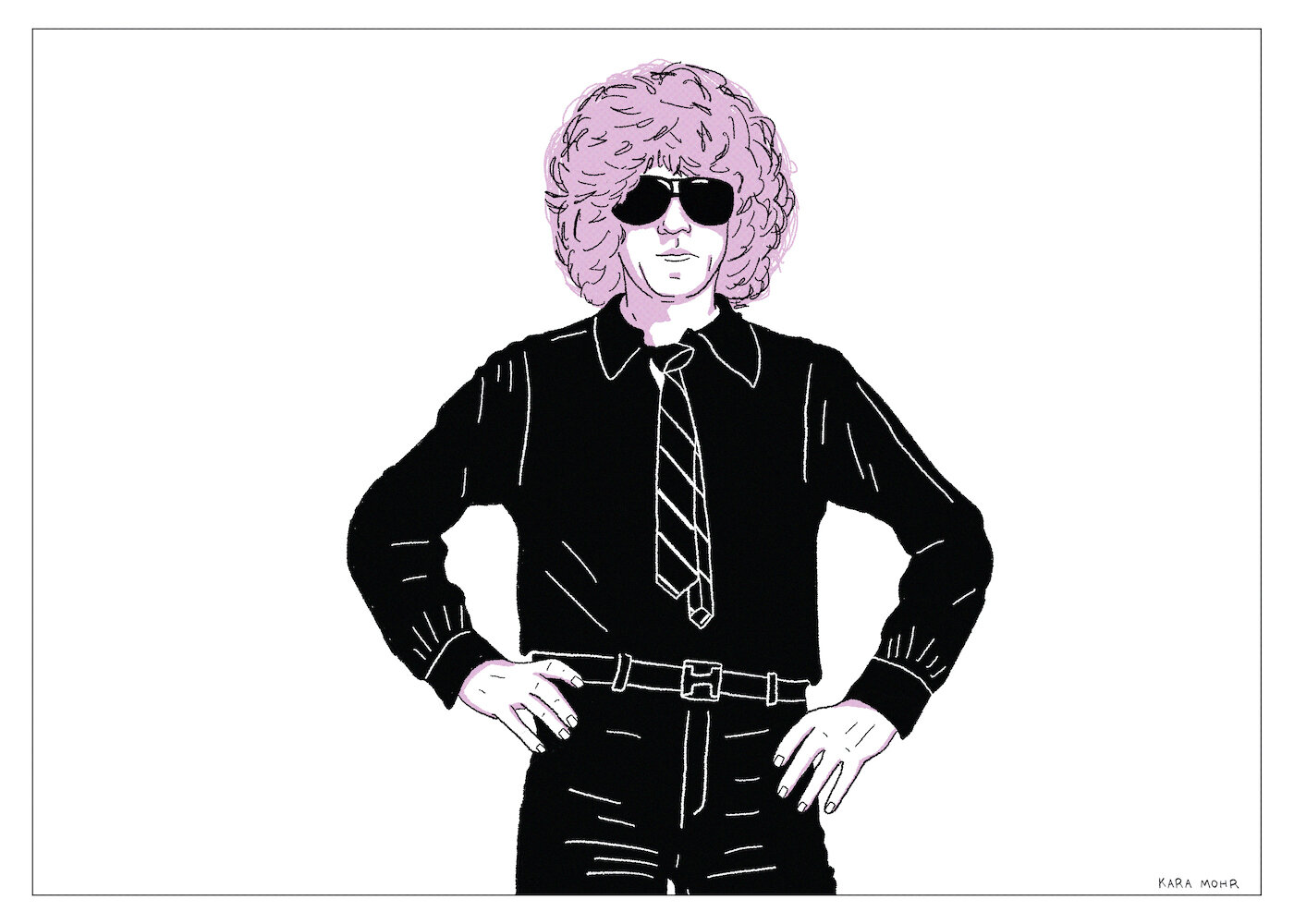
Ian Hunter “Short Back ‘n’ Sides”
He was never, exactly, a Rock Star, though he achieved the height of success. For almost fifty years, he has always worn sunglasses in public because, according to him, he is sort of, but not exactly, albino. He is not, exactly, as poetic as Bob Dylan or as artful, exactly, as David Bowie. But he sure can sound a lot like both of them. Ian Hunter has never, exactly, been any one thing. And he has always, almost, been everything. 1981 was the dawn of New Wave. It seemed plausible, at least, that the “always almost” singer had been passed over by time. It turned out that Mick Jones of The Clash, Hunter’s number one fan, would consider nothing of the sort.
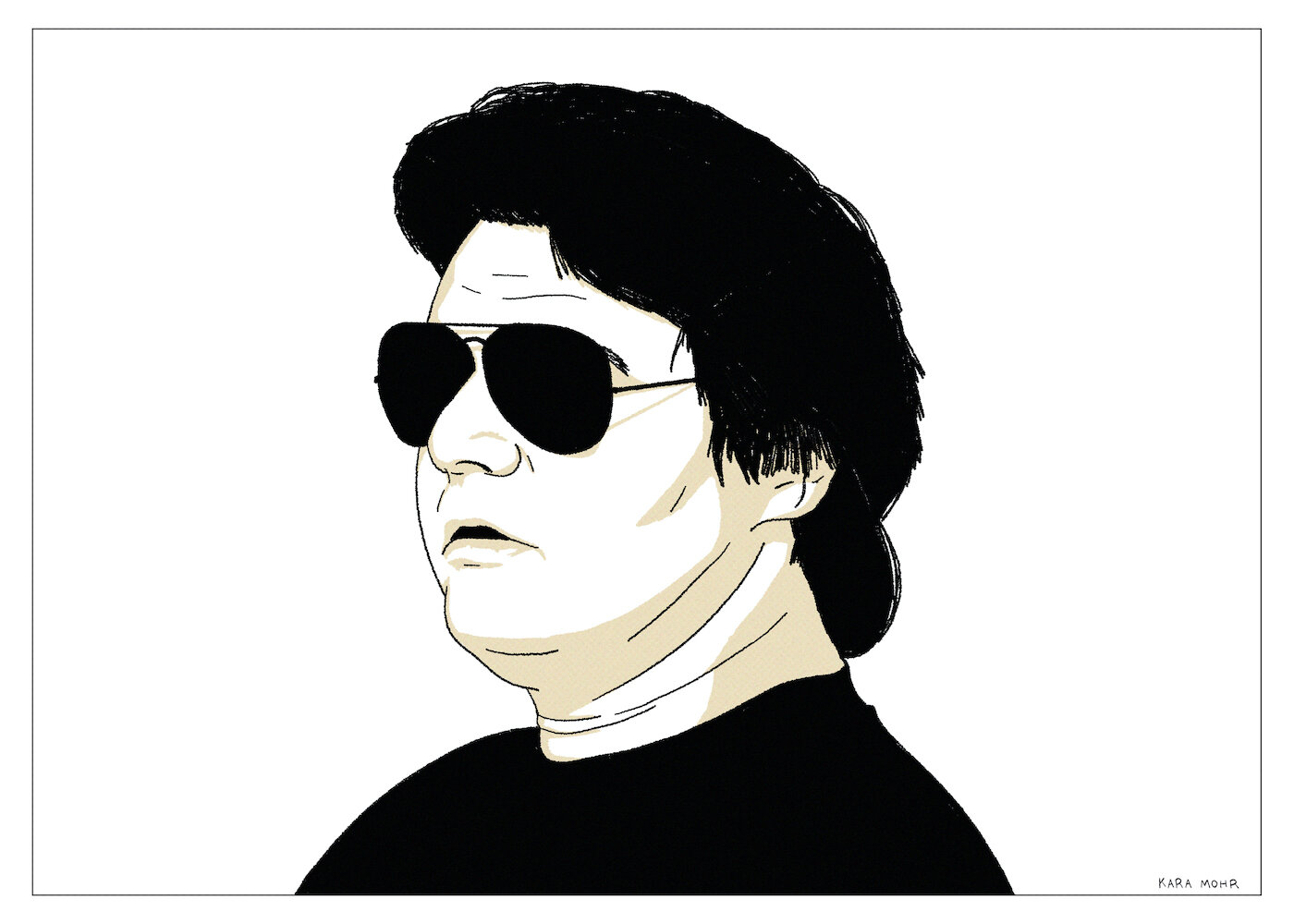
Steve Miller Band “Italian X Rays”
By 1983, the Steve Miller Band was, perhaps unknowingly, a cynical Pop music algorithm. With each record they had become more refined in their cynicism and in the lack of struggle and humanity in their music. While it no doubt took a great deal of work and talent to make the music that Miller made then, none of the grit could be heard. “Abracadabra” was the Steve Miller Band at its most optimized and at its Waterloo. His follow-up to “Abracadabra” was 1984s “Italian X Rays,” an album that pushed the algorithm so far as to make one wonder if Miller was being ironic or experimental.
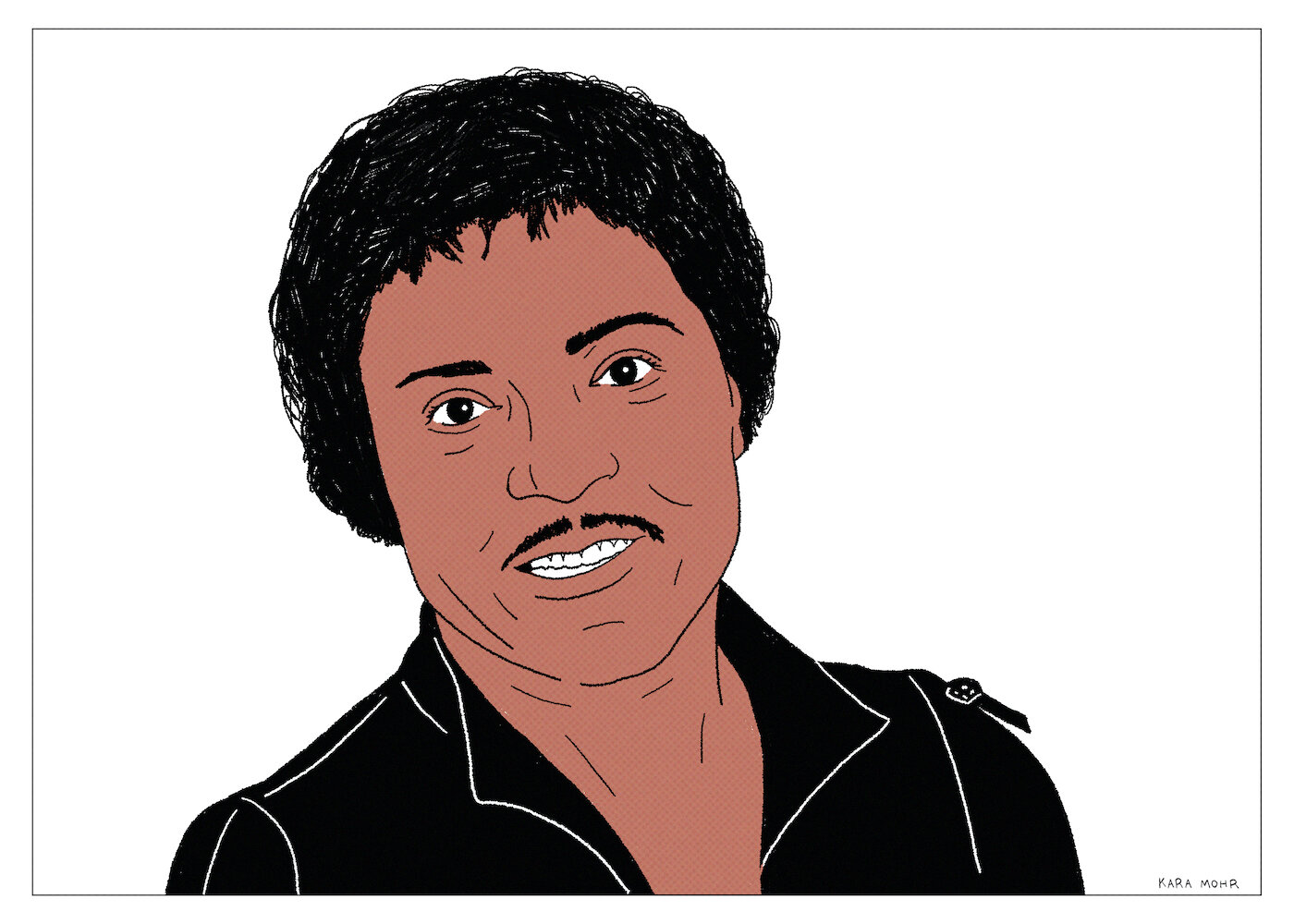
Little Richard “Lifetime Friend”
Of Rock’s 50s pioneers, Little Richard proved to be the least enduring. While Elvis kept cranking out hits, Richard made the occasional Gospel record and live album. For decades, he battled crippling drug addiction and struggled for sexual self-acceptance. After his historic early run, much of the 60s and 70s were a messy blur. But then, in 1985, Richard was surprisingly cast in the hit film, “Down and Out in Beverly Hills,” catapulting him back into contemporary popular culture. He pounced on the opportunity and quickly released “Lifetime Friend,” his first (and last) album of Rock and Roll in over a decade.
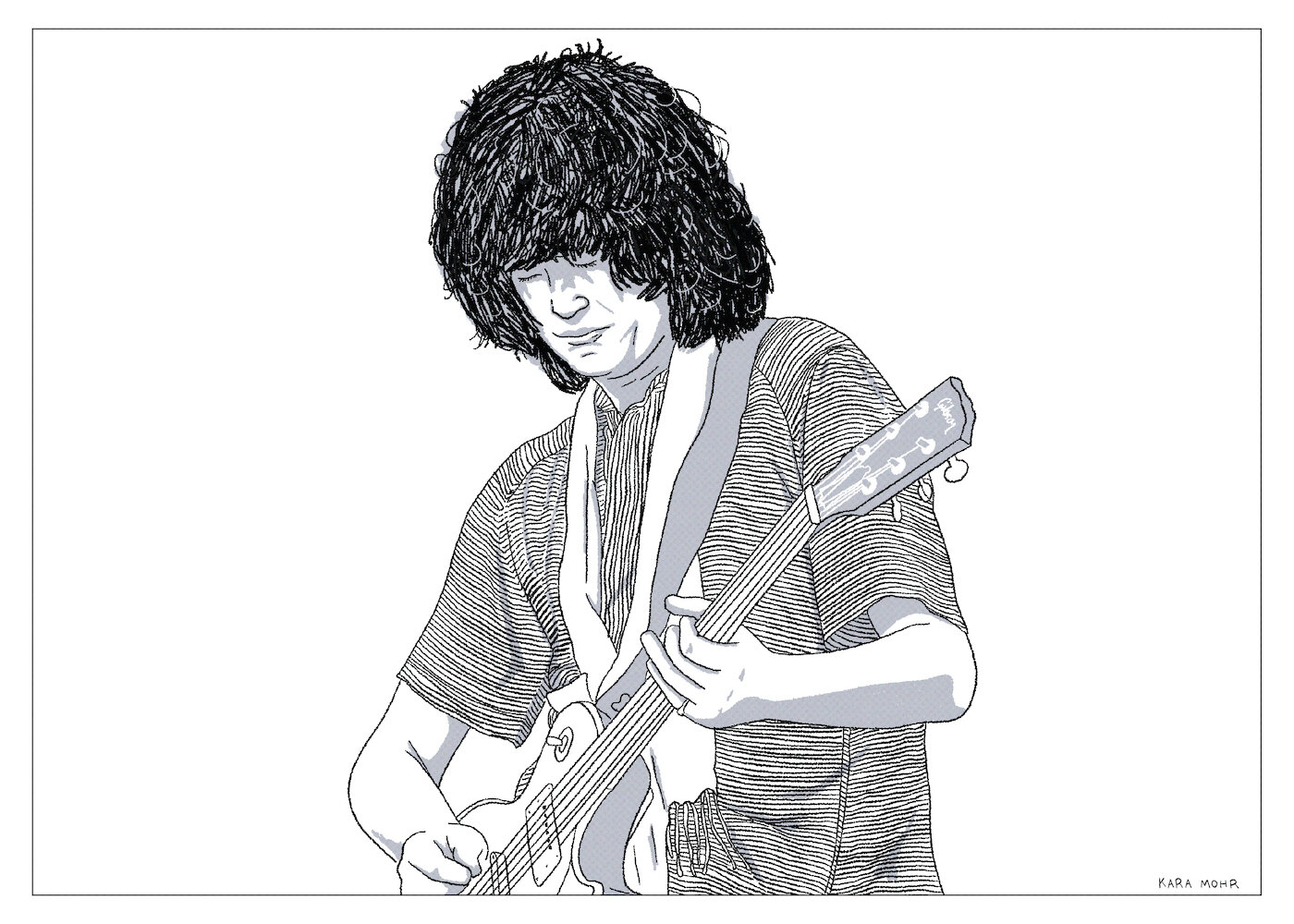
Jimmy Page “Outrider”
“Outrider” is the only solo album Jimmy Page has ever made. He was forty four, sober, and a father again, when it was released in June of 1988. He had reportedly been working on ample and varied solo material since Zeppelin broke up but was sidetracked by his work with The Firm. In fact, by the mid-80s, Page was said to have plans to release a double album of solo material, organized by the eclectic genres he was tackling. But, then, his house was burglarized and his demos were stolen and never recovered. So, if there is an ambitious, essential, Jimmy Page double album in the ether, we will never know. We will never know if he had his second half opus. What we do know is that “Outrider” is not it.
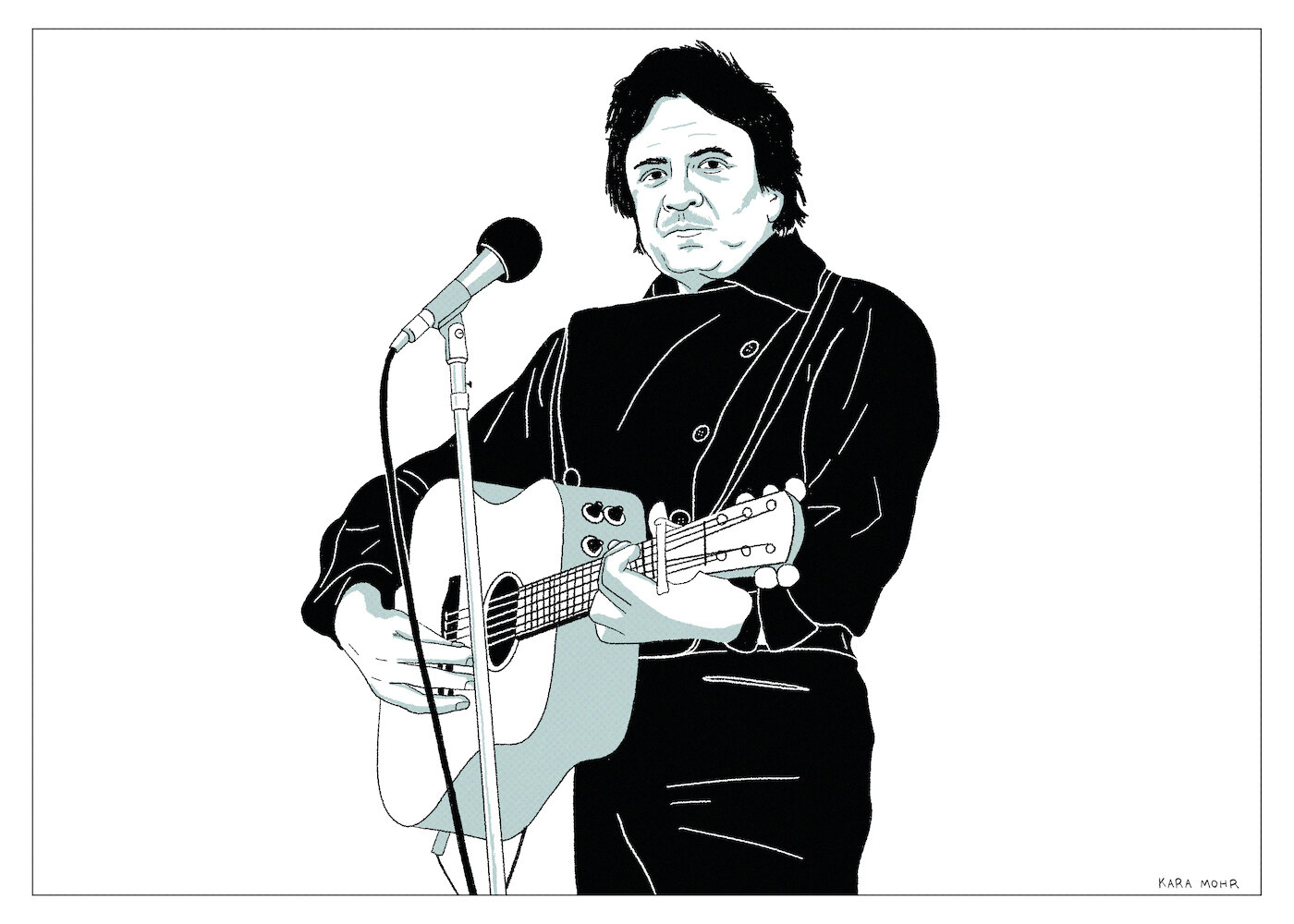
Johnny Cash “Johnny Cash is Coming to Town”
The 1980s were unkind to Johnny Cash. He was living somewhere between legend and relic. His label of thirty years, Columbia Records, had lost faith in him as a reliable commercial concern. And, notably, he had become so addicted to and unhinged from his addiction to pills that, in 1983, he would spend over a month at the Betty Ford Clinic. In 1984, Cash recorded a lightly humorous and entirely sad parody single and video called “The Chicken In Black.” He then vamped with side projects and Gospel music until 1987, when he released his first album for Mercury Records, “Johnny Cash is Coming to Town.”
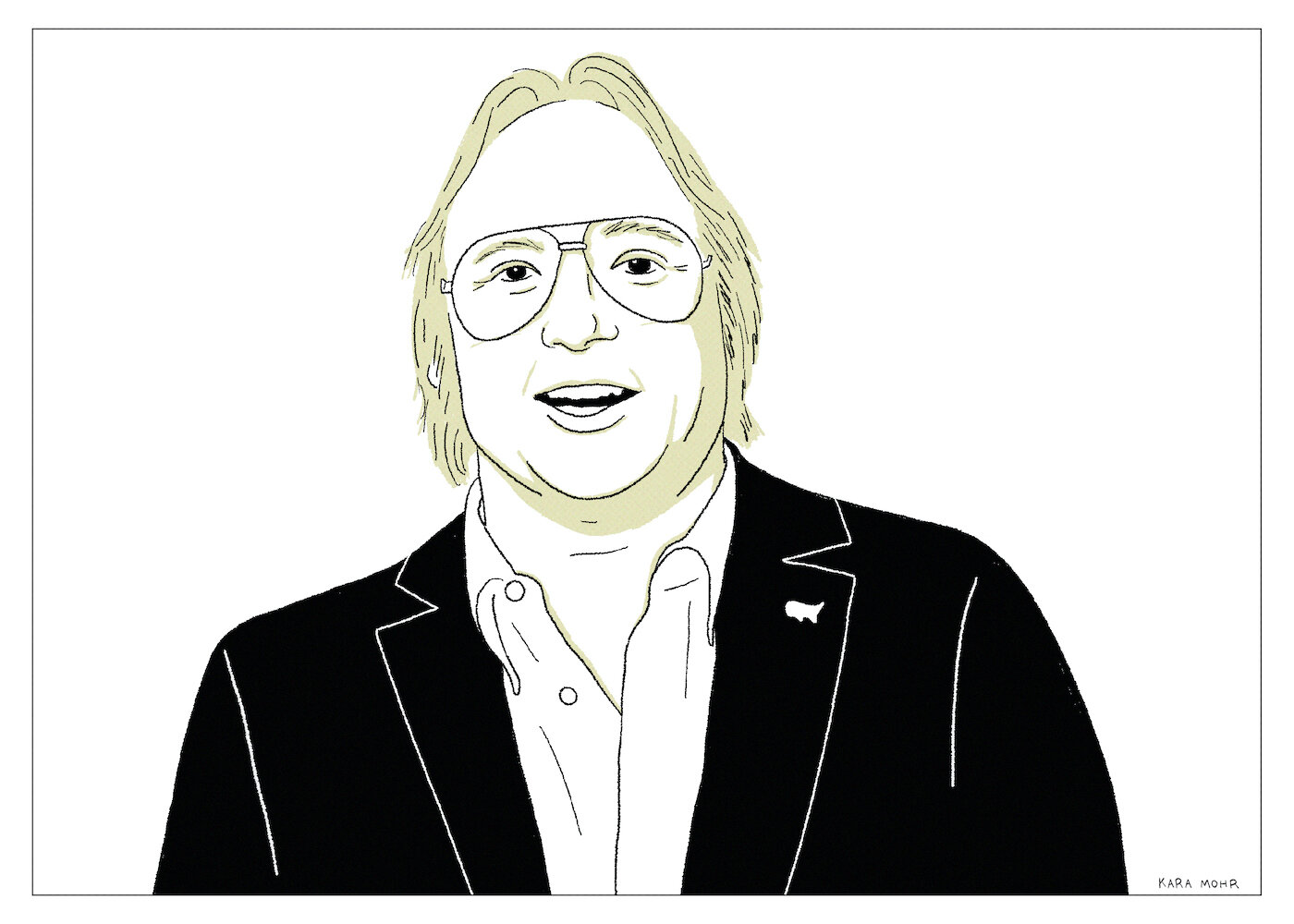
Stephen Stills “Right by You”
At twenty one, Stephen Stills wrote and performed the era-defining “For What It’s Worth,” with Buffalo Springfield. At twenty three, he wrote and performed “Suite: Judy Blue Eyes.” At twenty five, he released a genuinely wonderful solo debut that featured “Love The One You’re With.” After that, things got progressively worse. Eventually, they got much worse. He did not quickly lose the grip of his instruments. But he seemingly lost the grip on most everything else. Following a putrid foray near Disco in 1978, Stills took a break to ponder his great ascent and descent. Upon return, in 1984, he released “Right by You.”
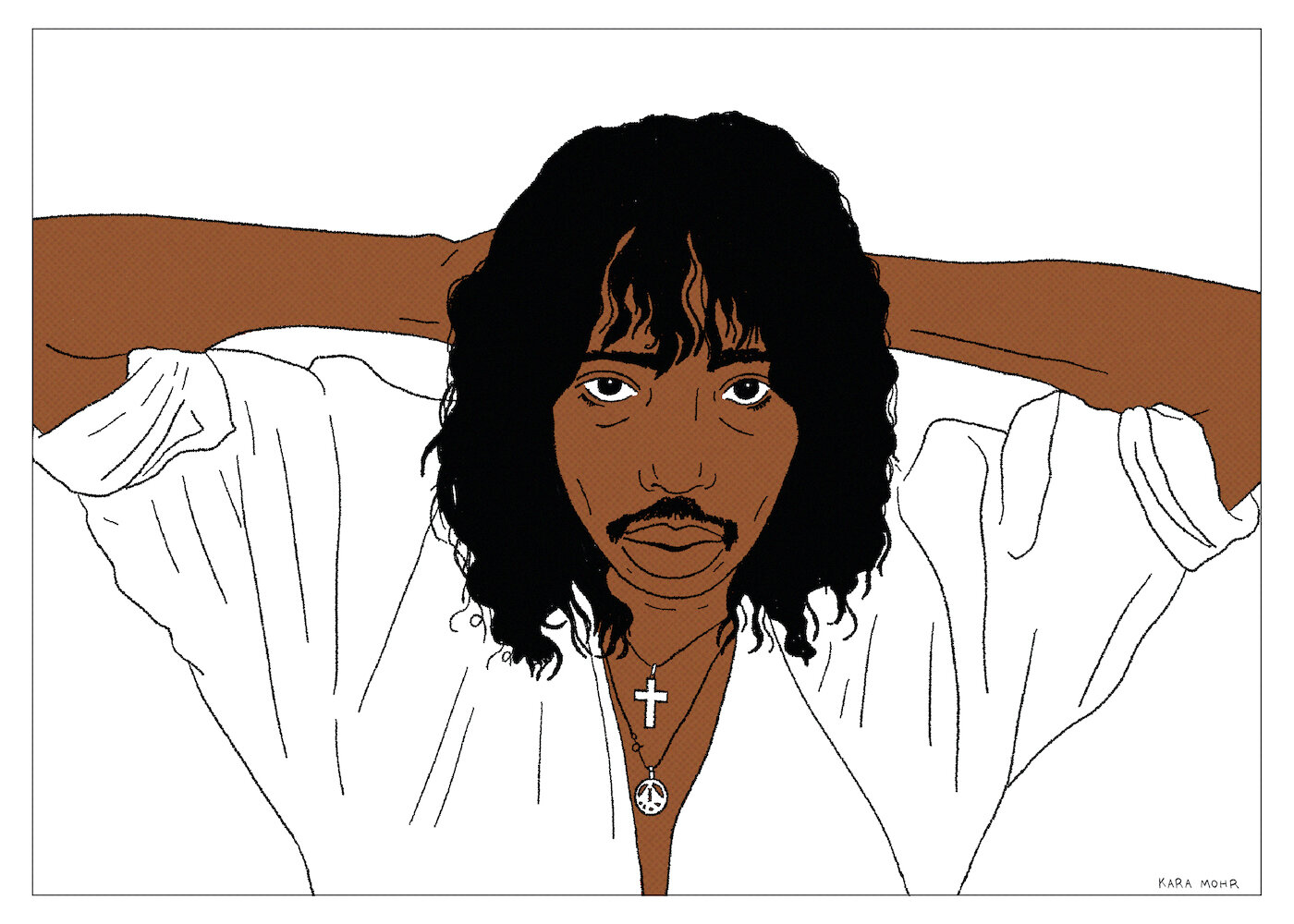
Rick James “Wonderful”
Do we really know when the end has begun? I’d imagine that pessimists would recognize the signs. Optimists might not see the flares until it’s too late. But even still, I have to imagine they can trace back the eventual conclusion to the early warnings. Rick James, surely, is a third species, living in a fluid meta-space between sounds, genres and cultures and on a constant seesaw of god-like, coke binge optimism and the deep self-loathing and hangover of pessimism. So, while optimists and pessimists both eventually recognize when the end has begun, I’m not so sure that Rick James did. Otherwise, there is simply no explanation for 1988s “Wonderful.” It is the sound of a man dying, basically alone in the studio, and not realizing it.
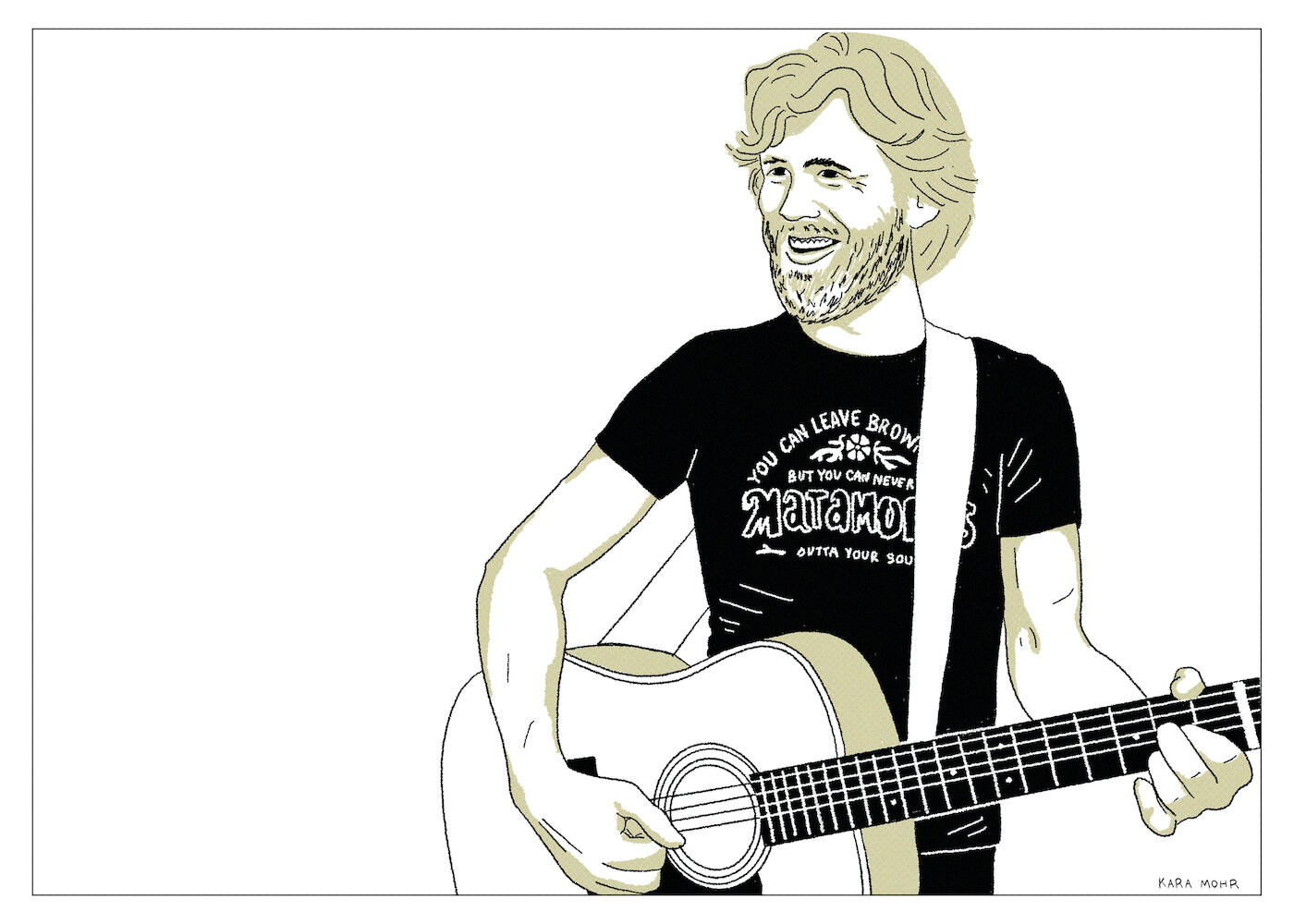
Kris Kristofferson “To The Bone”
By 1981, Kris Kristofferson found himself alone, sad, sober, resentful and pretty much any other cliched adjective you could toss at a broken, divorced, about-to-be has-been. At forty five, with almost nothing to lose, and following a recent trail of mediocre records, he released “To The Bone.” Along with Marvin Gaye’s “Here, My Dear,” “To The Bone” is one of the most candid and compelling “divorce albums” in the Pop music canon.
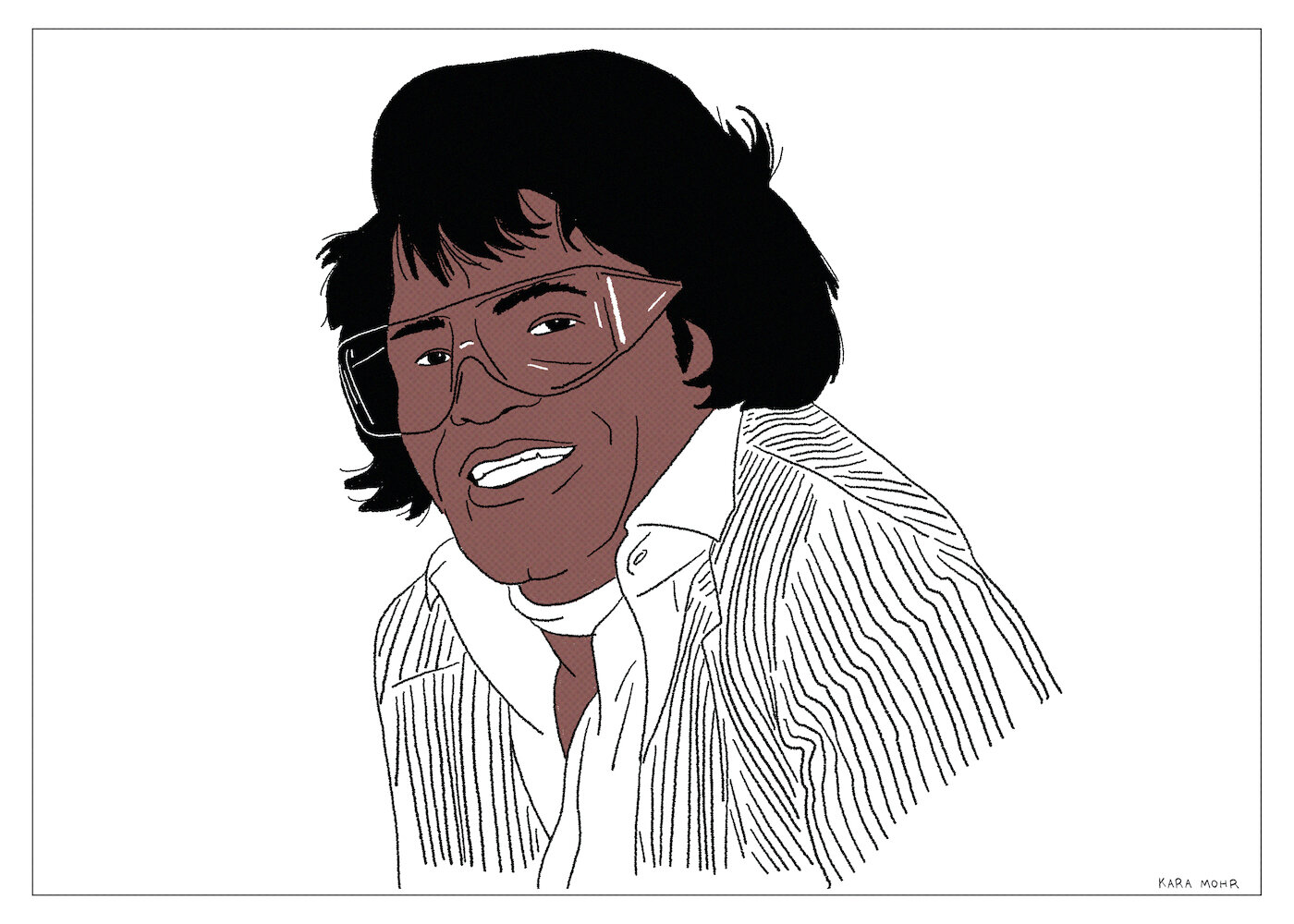
James Brown “Gravity”
“Turn Me Loose, I’m Dr. Feelgood” is the rare moment from 1986’s “Gravity” that sounds like James Brown is at the wheel. It’s a breathless Funk workout, with Maceo Parker dizzyingly frolicking on sax and a breakneck percussion track. It’s by far the best track from an ill-conceived, Rocky-inspired gimmick record. It was also the Godfather of Soul’s last trip to the Pop charts.
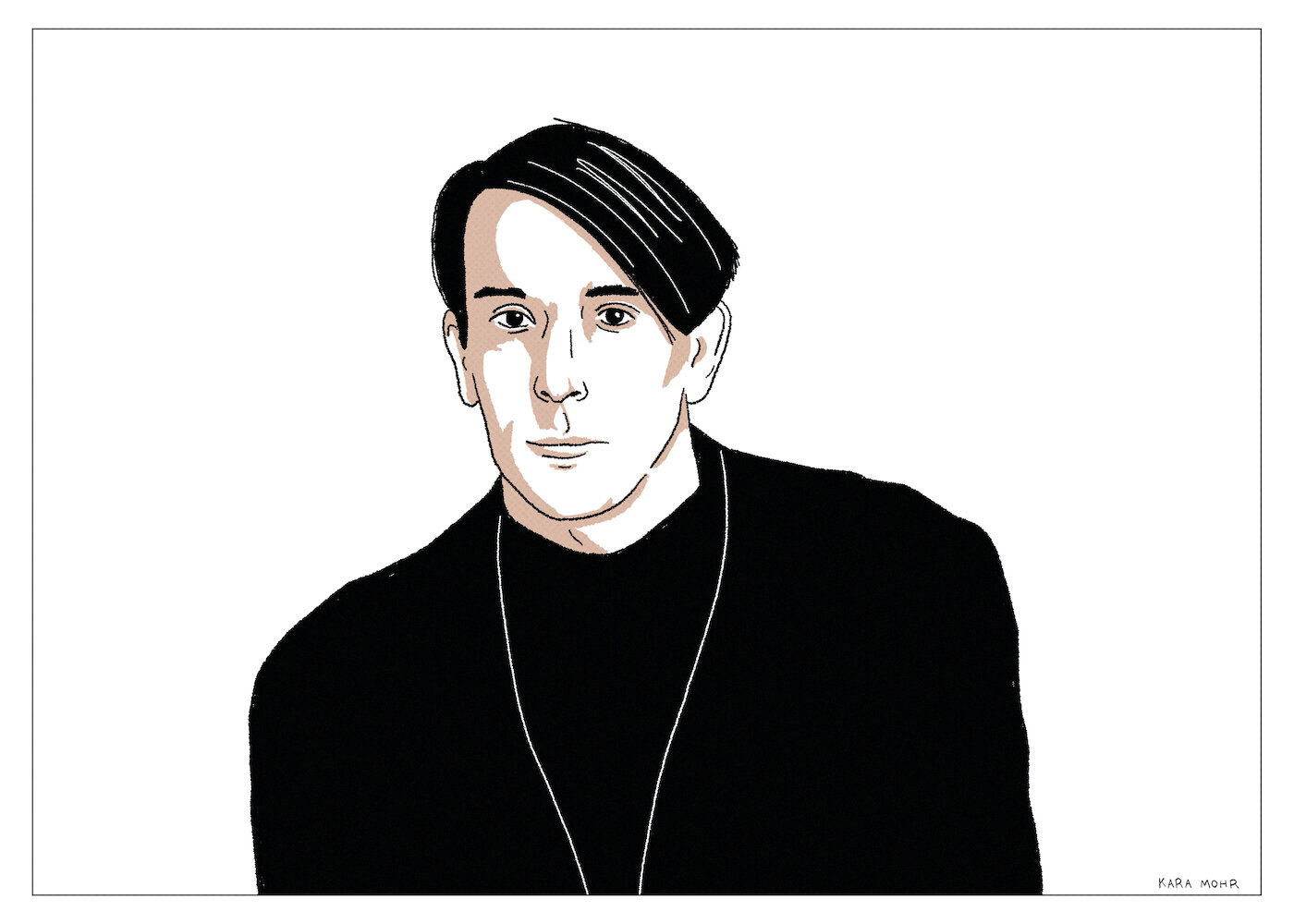
John Cale “Artificial Intelligence”
If you found yourself in New York City at Danceteria at 2am in the early 1980s, almost anything was possible. You might have fallen in love. You might have seen Madonna. However, if you were forty two year old John Cale at the club that night, you might have composed an entire concept album in your head. And you might have rushed back to your Soho loft and shit it out, along with the coke and booze and whatever else was rotting inside you.
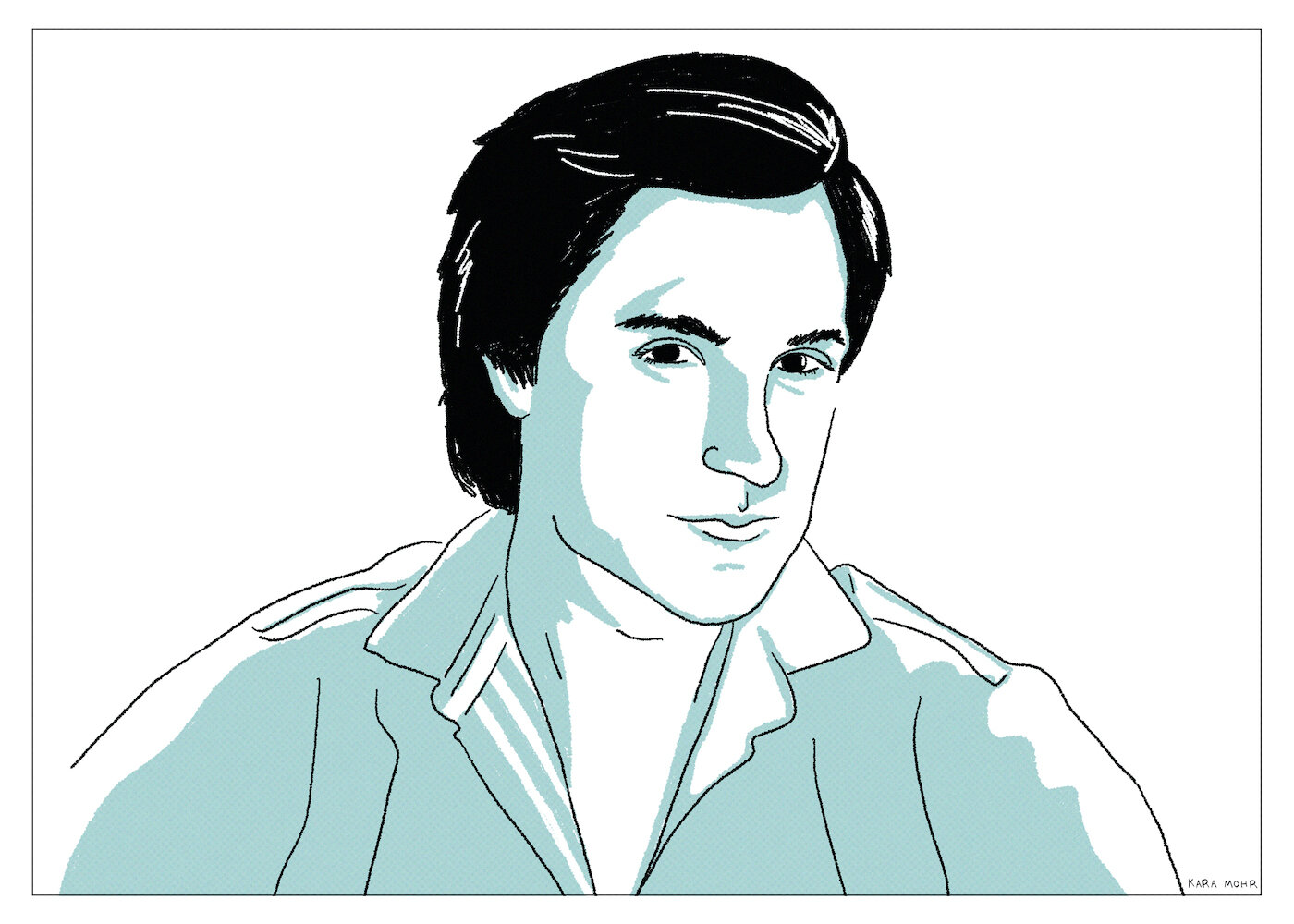
Dave Davies “Chosen People”
Having one of the greatest songwriters of your time as your older brother can’t have been easy when you’re trying to create your own work. The first two Dave Davies solo albums are rough and heavy responses to brother Ray’s melodic instincts. Dave’s voice is mostly screaming. 1983s “Chosen People,” however, is a much more varied and measured affair that withstands his reedy voice, studio magic and the whole alien abduction thing.
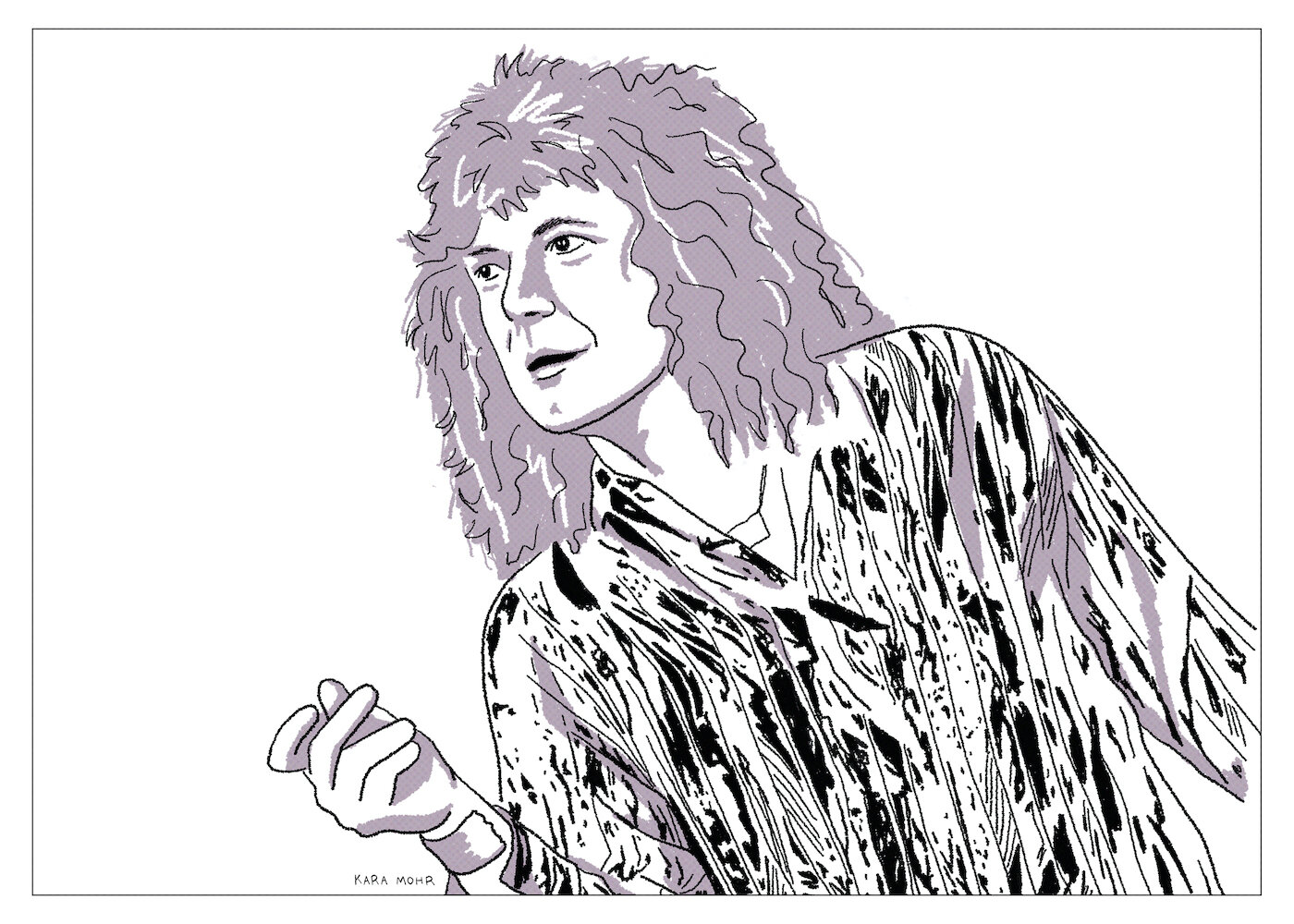
Robert Plant “Now and Zen”
1988s “Now and Zen,” Plant’s fourth solo album, promised to be different from the first three. He was even reuniting with Jimmy Page for two songs. Fans were all worked up in a lather at the promise of a “return to form.” Many presumed that Page had gotten the experiments out of his system and was read to have sex with the Marshall amps again. Unfortunately for those die hards, what Page released was instead a weird, great late 80s, New Wave artifact.
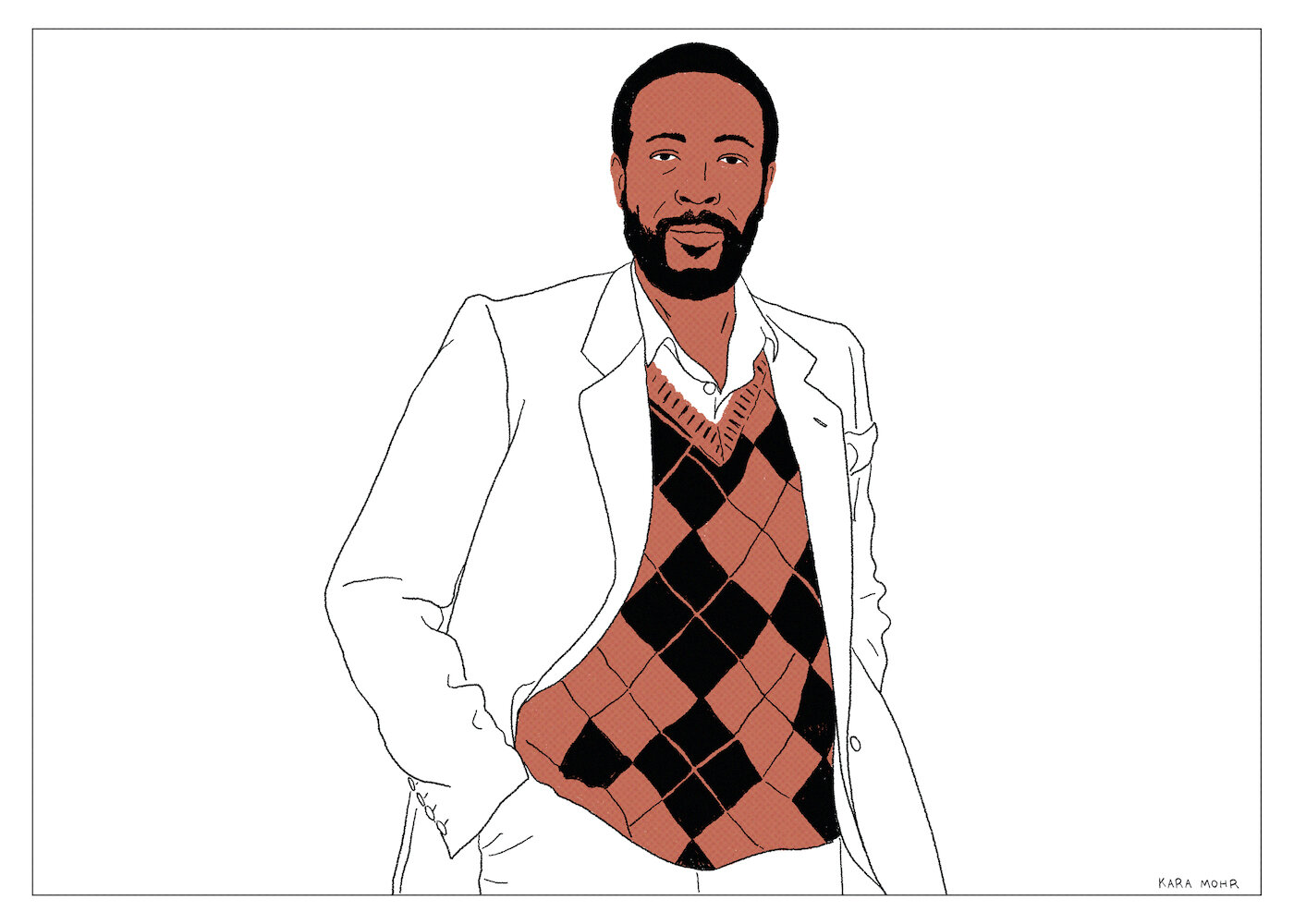
Marvin Gaye “Midnight Love”
Was anyone ever as talented as this man? As perfect looking? As able to ooze sex, class and charm? Whatever political message he had, this guy always wanted to liberate your undies from you as part of the campaign. And, as the decades changed, he kept unbuttoning another button on his sexuality. “Sexual Healing” was the last button. Now he’s in your bed. Anyone even vaguely interest in sex loved it. Even ferns liked it and they reproduce with spores.
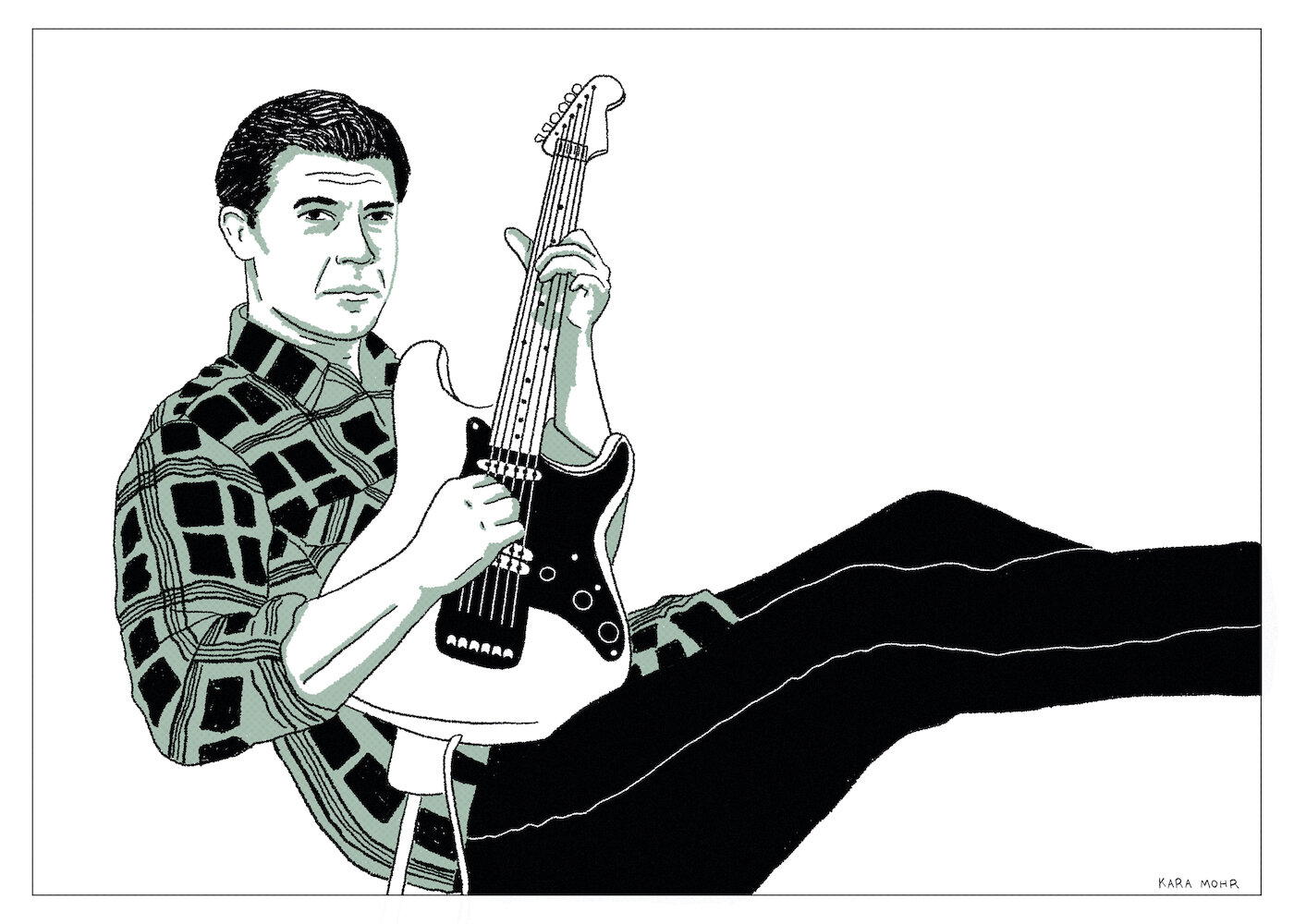
Robbie Robertson “Robbie Robertson”
Having a weak singing voice is a problem. In karaoke it can be tolerated with alcohol. But as a recording artist, you have a situation. There are many imperfect voices out there —Tom Waits, Bob Dylan, Kris Kristofferson. But they offer something in return that the shiny voices lack: character and authenticity. Robertson’s voice has none of those things. It is strained and airy at its comfortable register. And when it drops down for something of weight, it sounds like Cookie Monster.
